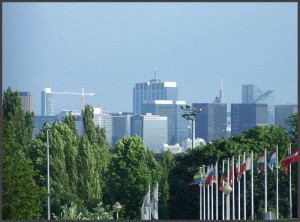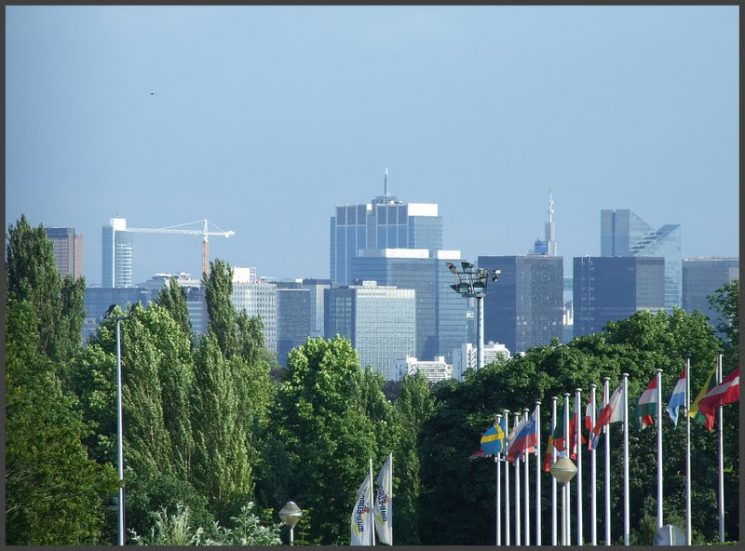 The European Union’s decision to impose tariffs on Chinese solar panels could be the cause of a serious trade war, economists claim. EU regulators claim that China has encouraged manufacturers to distribute their products in Europe at reduced prices in order to put pressure on EU manufacturers and increase market share.
The European Union’s decision to impose tariffs on Chinese solar panels could be the cause of a serious trade war, economists claim. EU regulators claim that China has encouraged manufacturers to distribute their products in Europe at reduced prices in order to put pressure on EU manufacturers and increase market share.
European commission regulators claim that China’s pricing policy puts 25,000 jobs at risk throughout Europe in a sector that is ‘suffering badly.’ Anti-dumping rules – policies that state pricing products below market rates, and often below cost – is an unethical and potentially dangerous action, are prominent in EU financial rules.
The legislators have introduced an 11.8 percent levy on Chinese solar panels as a protective measure, aiming to reduce the effects of the underpricing policy. China, however, is not particularly happy about the policy’s economic effects, and has its own range of tariffs lying in wait for some of Europe’s largest exporters.
The East Asian manufacturing base plans to introduce tariffs on European wines – a policy that would severely hurt France and Italy. China is the world’s top importer of French wines, with the country’s growing middle class producing a 110 percent year on year increase in wine consumption that’s massively valuable to the industry.
China’s move appears to be supported by Germany, the East Asian country’s biggest economic partner in Europe. Germany has denounced the implementation of tariffs against China, claiming that the matter should be resolved diplomatically and that a ‘trade war’ between Chinese and EU firms could emerge as a result of the fees.
Chinese solar panel imports are an £18 billion industry, making the case one of the largest of its nature in European history. With two-month penalties taking effect on Thursday, China and the EU face a tough period of negotiations over the long-term effects of China’s pricing policies.





